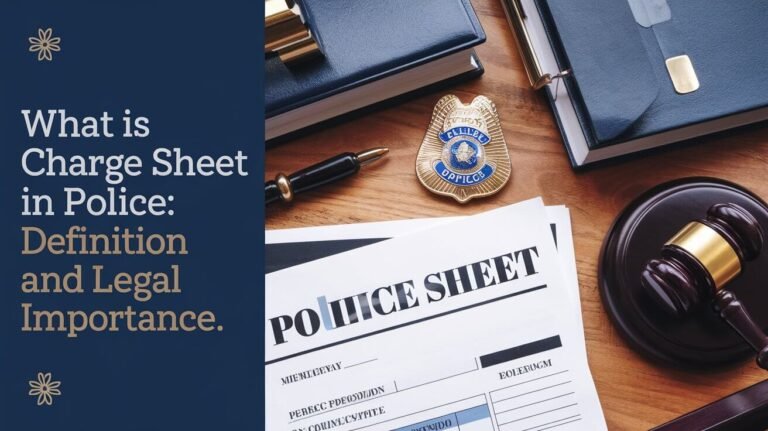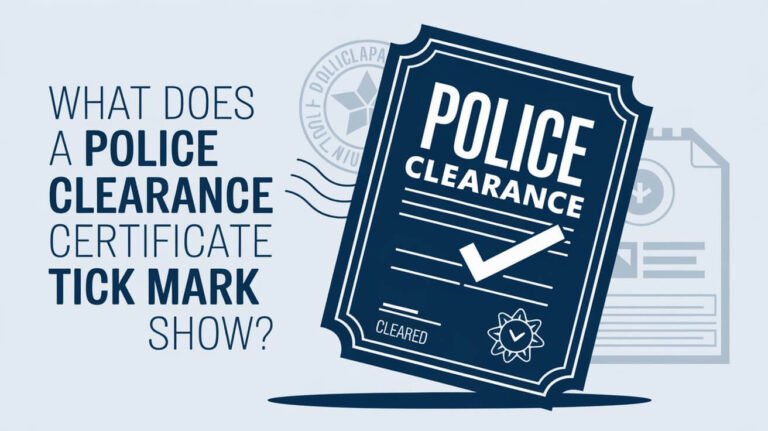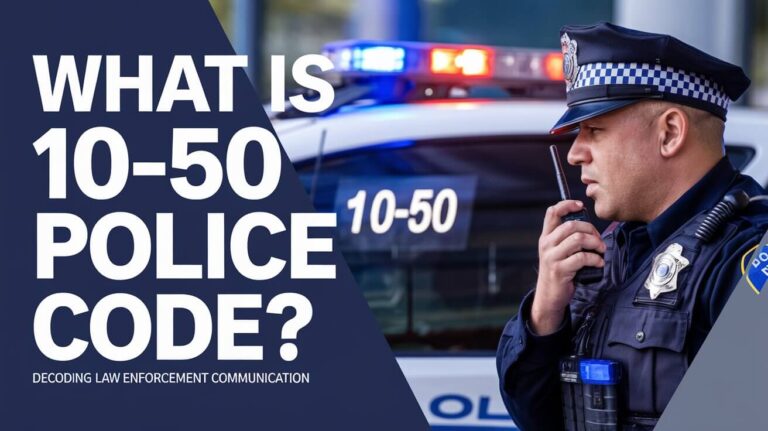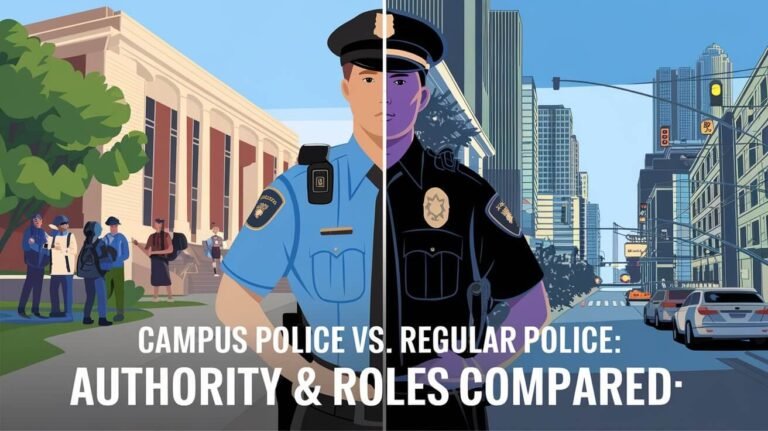Lawyers Who Sue Police Departments: Legal Help for Justice
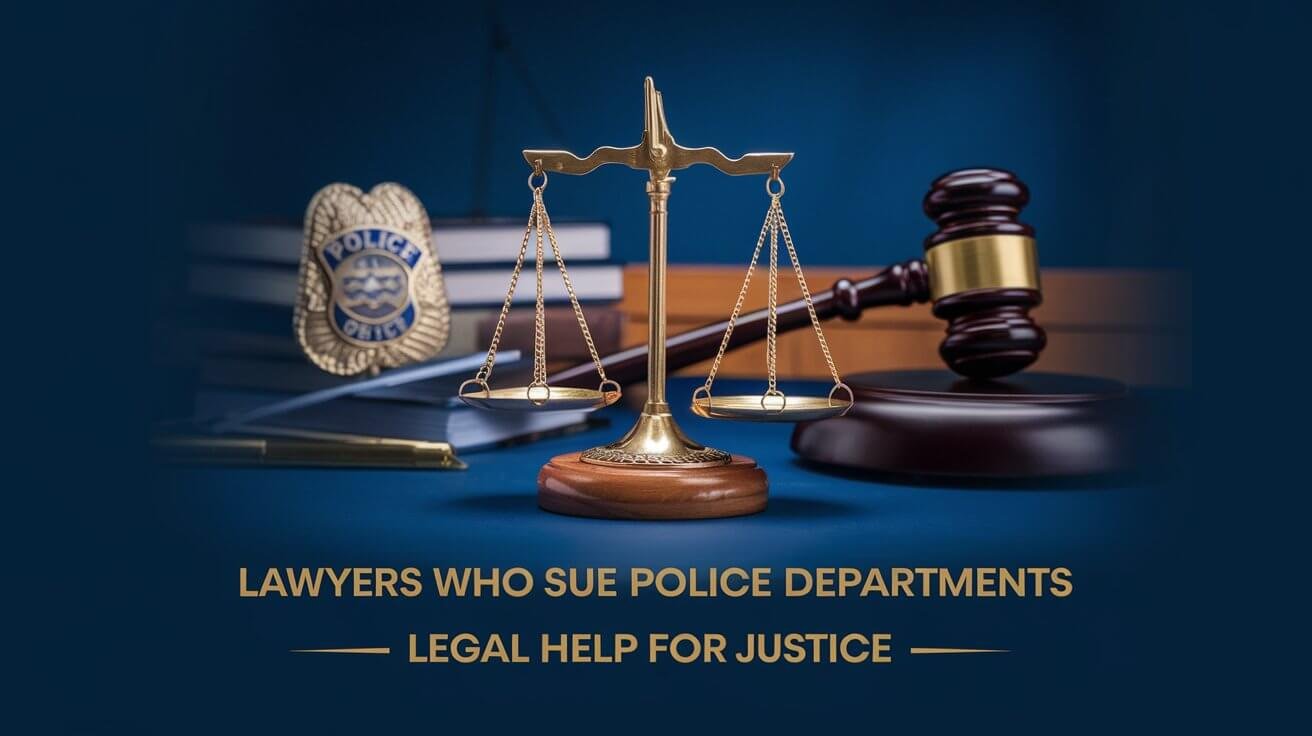
A dedicated group of lawyers is ready to defend the public against police misconduct and civil rights violations. They are experts in suing police departments. But what makes them stand out?
What strategies and expertise do they use in these cases?
Common Types of Police Misconduct Cases in America
Police misconduct in the U.S. often breaks the Fourth Amendment, uses too much force, and includes discrimination or harassment. These actions can cause serious harm, disabilities, or even death. This shows we need to hold police accountable and make changes.
Fourth Amendment Rights Violations
Fourth Amendment violations are a big issue. This amendment protects against unreasonable searches and seizures. It includes things like making arrests without cause and searching homes or cars without a warrant. These actions can lead to being wrongly held, detained, and other civil rights issues.
Excessive Force Claims
Excessive force cases are another big problem. This happens when police use too much or the wrong kind of force, causing serious harm or death. Black Americans are three times more likely to be killed by police than white Americans. Also, 32% of Black people killed by police were unarmed, compared to 25% of Hispanic/Latino and 15% of white individuals.
Discrimination and Harassment Cases
Police also discriminate and harass based on race, gender, ethnicity, or sexual orientation. Native Americans face police brutality almost as much as Black Americans. There have been reports of racial profiling, coercion, and abuse of authority across the country. These actions violate civil rights and hurt trust in law enforcement.
| Misconduct Type | Prevalence | Examples |
|---|---|---|
| Fourth Amendment Violations | Widespread | Unlawful arrests, warrantless searches |
| Excessive Force | Disproportionate Impact on Minorities | Unnecessary or disproportionate use of force leading to injury or death |
| Discrimination and Harassment | Pervasive | Racial profiling, coercion, abuse of authority based on race, gender, or sexual orientation |
Proven Track Record: Major Settlements Against Police Departments
Civil rights violations and police misconduct are big concerns in the U.S. Many successful lawsuits against police departments show the need for accountability. Fieger Law, a top police misconduct law firm in Michigan, has won big for clients who faced civil rights violations.
For example, they got a $2.5 million settlement for a brain injury from a police shooting. They also won a $5 million verdict for a jail inmate who died from dehydration. Fieger Law got a $4 million settlement for a death by asphyxiation due to police force. They also won $3.6 million for a prison inmate who starved to death and $2.1 million for ignoring a medical emergency.
These cases show the legal system can hold police accountable. They provide justice for victims of civil rights violations. Fieger Law and other civil rights attorneys prove the importance of protecting everyone’s rights.
Civil Rights Attorneys’ Strategic Approach to Police Brutality
Police brutality cases need a detailed legal plan from civil rights lawyers. They collect evidence like photos, surveillance footage, and witness statements. It’s important to document everything, including filing complaints and recording incident details.
Attorneys study laws and court cases, like Graham v. Connor. This case helped set rules for when police force is okay. It’s key for police brutality lawyers and civil rights attorneys to understand these rules.
Evidence Collection Methods
- Gathering photographic evidence of injuries, the crime scene, and any relevant physical details
- Obtaining surveillance footage from nearby cameras, including those belonging to businesses or private residences
- Documenting witness statements and contact information for possible testimony
Case Documentation Requirements
- Filing a formal complaint with the police department, detailing the incident and violations
- Maintaining a detailed record of all communications, evidence, and legal actions
- Ensuring that all medical records, hospital reports, and other documents are properly kept and organized
Legal Framework Analysis
Civil rights attorneys deeply study laws and court decisions, like Graham v. Connor. This helps them understand what makes police force justified. It also helps them spot any civil rights issues.
| Case Example | Outcome |
|---|---|
| The fatal shooting of David Ordaz Jr. by L.A. County Sheriff’s deputies in 2021 | Officer Remin Pineda fired up to 12 shots at the victim, leading to a high-profile civil rights lawsuit |
| The settlement of a lawsuit filed by Paula Jones against former President Bill Clinton | Clinton settled the lawsuit for $850,000, which alleged that he asked Jones for oral sex in a hotel room |
Constitutional Rights Protection in Law Enforcement Cases
Civil rights lawyers are key in protecting people’s rights when police act wrongly. They deal with issues like unreasonable searches, self-incrimination, cruel punishment, and unfair treatment. These rights are protected by the Fourth, Fifth, Eighth, and Fourteenth Amendments.
The Supreme Court’s decision in Graham v. Connor, 490 U.S. 386 (1989) helped clarify the Fourth Amendment. It says police can’t use too much force. Courts look at the crime, other arrest options, the threat, and the suspect’s actions to decide if the force was okay.
People who feel their rights were broken can sue the police and their bosses. But, these cases are tricky because of legal rules like qualified immunity and time limits.
Law firms like MacDonald Hoague & Bayless have helped many with police misconduct. They’ve won big for their clients, who faced police brutality, neglect, and other rights violations.
| Case | Legal Grounds | Outcome |
|---|---|---|
| Hoffman v. City of Houston | Excessive force | Successful lawsuit against the police department |
| Rodriguez v. City of Houston | False arrest | Successful lawsuit against the police department |
Winning a case against the police depends on many things. Evidence, legal help, the jury, and past cases matter a lot. Damages can include money for harm, punishment, and legal fees, but there are limits.
Lawyers Who Sue Police Departments: Specialized Practice Areas
Lawyers who sue police departments focus on specific areas. These areas are key to making sure police follow the law and protect people’s rights.
Wrongful Death Claims
Wrongful death claims are among the most serious cases these lawyers handle. They happen when police use too much force or deadly force without reason. Families can get compensation and make sure justice is served.
False Arrest Litigation
False arrest cases are another big part of their work. These cases occur when someone is arrested without good reason. People wrongly arrested can get help and compensation for what they went through.
Unlawful Search Cases
Lawyers also deal with cases where police search without a warrant or reason. This breaks the law and takes away people’s rights. Winning these cases can lead to big settlements.
These lawyers are tough, dedicated, and fight hard for their clients. Their work is vital in making sure police are held accountable and justice is done for those harmed by police actions.
Police Department Liability and Accountability Measures
Police departments can face legal action for misconduct. These steps aim to make sure police agencies change and stop bad behavior. Lawyers help show that police actions were wrong by pointing out bad training or department problems.
Civil lawsuits are one way to hold police accountable. But winning these cases against police is hard. Even when they do win, it doesn’t always lead to better police practices. This is because of laws that protect police from lawsuits and the support they get from their departments or unions.
But, the Supreme Court has made it easier for victims to sue police departments. This change lets people sue the department itself, not just the officer. The Court has also made sure that police departments can be held accountable for their policies, not just for what officers do.
Other ways to hold police accountable include internal investigations and civilian oversight boards. While it’s rare for police to be criminally charged, the U.S. Department of Justice has tools to do so.
The main goal is to increase transparency and build trust between police and the community. It’s about making sure police departments change to stop police misconduct in the future.
Documentation Requirements for Police Misconduct Claims
When dealing with police misconduct claims, having the right documents is key. Lawyers tell their clients to document everything about the incident. This includes medical evidence and witness statements. Doing so makes the case stronger and boosts the chances of winning.
Medical Evidence Collection
Getting medical evidence is a big part of police misconduct claims. Clients should get medical help right away. They need to make sure all injuries, physical and mental, are well-documented by doctors.
This means getting detailed records like hospital reports and test results. These can be strong evidence in court.
Witness Statement Procedures
Witness statements are very important in police misconduct cases. Clients should find and get written statements from anyone who saw the incident. This includes bystanders, other officers, and emergency responders.
Following the right steps, like getting contact info and written statements, helps a lot. It makes the case stronger.
Incident Report Analysis
Looking closely at the incident report is also key. Lawyers will check the report for any mistakes or things left out. They look for things that don’t match what the client said happened.
This can show that the officer’s story doesn’t add up. It can make their version of events seem less believable.
Documenting everything about the incident, from medical evidence to witness statements and report analysis, clients can build a strong case. This detailed approach is a big part of what lawyers do when they sue police departments.
Multi-Million Dollar Verdicts in Police Misconduct Cases
Civil rights attorneys have won big in court against police departments across the U.S. They’ve given victims of police misconduct big payouts. These wins are a strong warning to police to behave.
One big win was in Minnesota, the largest in state history. It was over $48 million for the “Harlem Park Three.” They were wrongly accused for a long time. Another case in California got a $42 million verdict for overcharging students. This shows lawyers are serious about getting justice and money back for victims.
Lawyers have won big in many police misconduct cases. These include cases of police using too much force, wrongly killing someone, and discriminating. These wins help victims get the money they deserve. They also make police think twice about their actions.
These big wins show how important civil rights lawyers are. They fight for the rights everyone has in the U.S. By pushing for justice, they’ve changed the way police work in America.
Legal Standards in Police Brutality Litigation
Attorneys face a complex legal landscape when suing police for brutality and excessive force. The Graham v. Connor case set a key standard. It says officers’ actions must be seen as reasonable, considering the situation’s details.
To win a police brutality case, gathering strong evidence is key. Lawyers must understand and apply these legal rules. They make sure all evidence and arguments meet the court’s standards of reasonableness.
Using these legal standards, lawyers can make sure police are held accountable. This helps victims get fair compensation. It’s important for justice and accountability in law enforcement across the U.S.
Key Questions
What types of police misconduct cases do civil rights attorneys handle?
Civil rights lawyers at Robins Kaplan have won over $80 million for victims of police abuse. They handle cases like arrests, seizures, and use of deadly force. They also represent people of all backgrounds, fighting for their rights under the U.S. Constitution.
What are the common types of police misconduct?
Police misconduct includes unreasonable searches and arrests without cause. It also includes excessive force, racial profiling, and false arrests. Other misconduct includes corruption, perjury, and sexual assault.
What are some notable settlements and verdicts obtained by civil rights attorneys against police departments?
Fieger Law has won big for their clients. They got a $2.5 million settlement for a brain injury from a police shooting. They also won $5 million for a jail death and $4 million for death by asphyxiation. Other wins include $3.6 million for a starvation death and $2.1 million for a medical emergency ignored.
What strategic approaches do civil rights attorneys employ when handling police brutality cases?
Civil rights attorneys collect evidence like photos and videos. They also document the case and understand the law. This includes the Supreme Court case Graham v. Connor, which sets standards for police brutality.
How do civil rights lawyers protect constitutional rights in law enforcement cases?
Civil rights lawyers fight for rights under the 4th, 5th, 8th, and 14th Amendments. They ensure law enforcement respects these rights. This includes rights against unreasonable searches and cruel punishment.
What are the specialized practice areas of lawyers who sue police departments?
Lawyers specialize in wrongful death, false arrest, and unlawful searches. They also handle police dog attacks and prison abuse. They are tough and dedicated to their clients.
How can police departments be held accountable for misconduct?
Police departments face accountability through investigations and oversight boards. Lawyers prove misconduct through patterns and systemic issues. This leads to reforms and prevents future misconduct.
What documentation is critical for police misconduct claims?
Collecting medical evidence and witness statements is key. Documenting the incident, including officer details, is also important. This strengthens the case and increases chances of success.
What are some notable multi-million dollar verdicts in police misconduct cases?
Lawyers have won big in police misconduct cases. The largest settlement in Minnesota and a verdict against the state’s largest police agency are examples. These verdicts compensate victims and deter future misconduct.
What are the legal standards in police brutality litigation?
Legal standards are based on Graham v. Connor. This ruling judges force used by officers based on the situation. Lawyers must align evidence and arguments with these standards.

